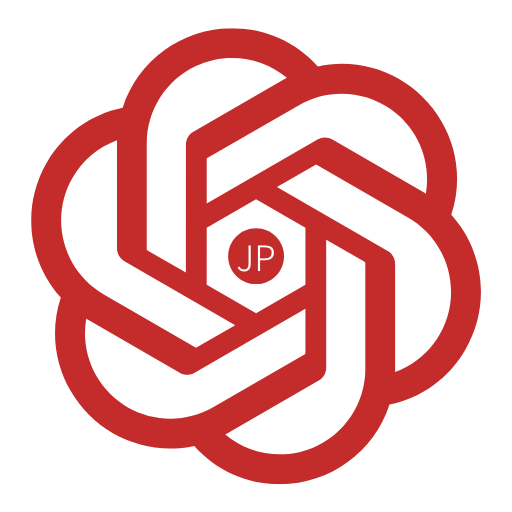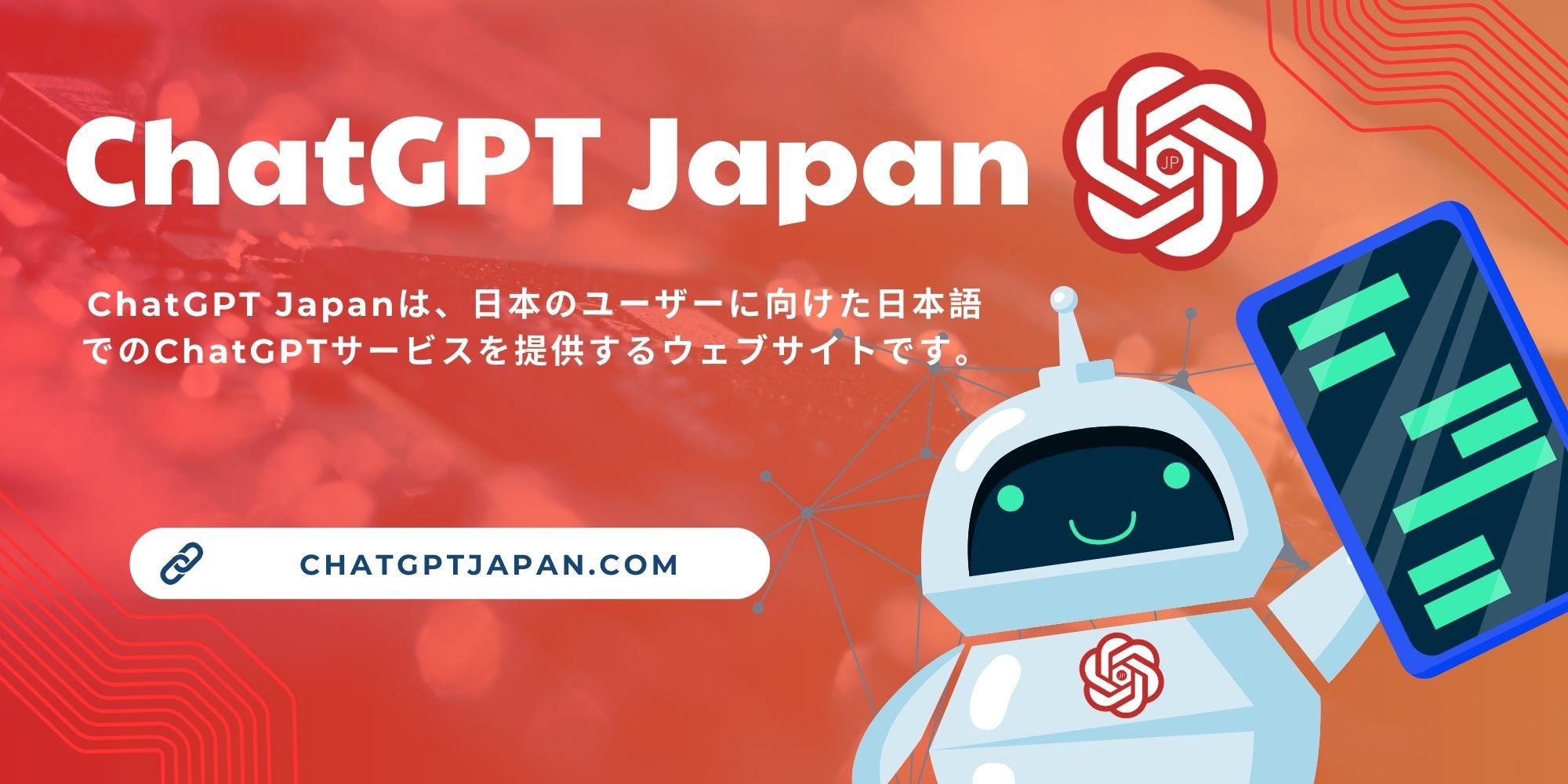Introduction
Job interviews can be a daunting experience, especially in Japan, where cultural expectations and language nuances add layers of complexity. For foreign job seekers and even Japanese nationals, preparing for an interview requires a deep understanding of etiquette, vocabulary, and the ability to present oneself confidently.
This is where ChatGPT emerges as a valuable tool. By offering personalized advice, practicing common questions, and helping users refine their responses, ChatGPT has become a game-changer in preparing for job interviews. In this article, we will explore how ChatGPT supports job seekers in Japan, ensuring they are ready to make a great impression.
Understanding the Challenges of Job Interviews in Japan
1. Language Barriers
For non-native speakers, communicating effectively in Japanese can be challenging. Many job interviews require proficiency in both spoken and written Japanese, including industry-specific vocabulary.
2. Cultural Expectations
Japanese interviews often include unique customs, such as bowing, introducing oneself formally, and answering questions in a polite and respectful tone. These nuances can be difficult for those unfamiliar with Japanese culture.
3. Preparing for Common Questions
Interviewers in Japan often ask questions that require candidates to reflect on their strengths, weaknesses, and past experiences. Preparing structured and concise answers can be overwhelming without the right guidance.
How ChatGPT Supports Job Interview Preparation
1. Practicing Common Interview Questions
One of the key features of ChatGPT is its ability to simulate real-life scenarios. By using ChatGPT, job seekers can practice answering common interview questions such as:
- “What are your strengths and weaknesses?”
- “Why do you want to work for this company?”
- “What do you know about our organization?”
ChatGPT provides constructive feedback on tone, grammar, and sentence structure, ensuring that responses are both professional and polished.
2. Enhancing Japanese Language Skills
For non-native speakers, ChatGPT can act as a language tutor. By providing sample responses in both formal and informal Japanese, users can improve their vocabulary, grammar, and overall communication skills.
Example:
Question: “あなたの長所と短所を教えてください。” (What are your strengths and weaknesses?)
ChatGPT-Suggested Answer:
“私の長所は、チームワークを重視しながら効率的に業務を遂行する能力です。一方で、短所は完璧を求めすぎる傾向がある点です。ただし、最近は優先順位を意識し、効率よく仕事を進める努力をしています。”
(My strength is the ability to work efficiently while emphasizing teamwork. On the other hand, my weakness is a tendency to strive for perfection. However, I’ve been working on prioritizing tasks to improve efficiency.)
This level of guidance ensures that job seekers can respond confidently in Japanese.
3. Building Cultural Awareness
ChatGPT is equipped to provide insights into Japanese workplace culture, ensuring candidates understand the importance of:
- Maintaining humility in their responses.
- Demonstrating a strong work ethic.
- Expressing gratitude towards interviewers.
For instance, ChatGPT can guide users on how to bow appropriately, introduce themselves using keigo (respectful language), and conclude the interview with polite expressions such as:
“本日はお時間をいただき、誠にありがとうございました。”
(Thank you very much for your time today.)
4. Crafting a Compelling Self-Introduction
The jikoshoukai (self-introduction) is a critical part of Japanese interviews. ChatGPT can assist in drafting a concise and impactful introduction, covering key aspects such as education, work experience, and career aspirations.
Example:
“初めまして、[名前]と申します。私は[大学名]で[専攻]を学び、その後[会社名]で[職種]として働いていました。これまでに培った経験を生かし、御社でさらなる成長を目指したいと考えています。”
(Pleased to meet you. My name is [Name]. I studied [major] at [university] and worked as a [position] at [company]. I hope to leverage my experience to achieve further growth at your esteemed company.)
This tailored guidance helps candidates leave a lasting impression.
5. Refining Résumés and Cover Letters
In addition to interview preparation, ChatGPT can assist in crafting professional résumés and cover letters. By following Japanese standards, such as including a photo and tailoring the document to highlight relevant skills, ChatGPT ensures that candidates present themselves effectively on paper.
Benefits of Using ChatGPT for Job Interview Preparation
1. Accessibility and Convenience
ChatGPT is available anytime, making it a convenient tool for job seekers balancing busy schedules. Whether practicing responses late at night or refining a résumé on the go, ChatGPT is ready to assist.
2. Personalized Feedback
Unlike generic resources, ChatGPT provides tailored advice based on individual needs. This ensures that job seekers receive relevant and actionable feedback.
3. Confidence Building
By simulating interviews and offering constructive critiques, ChatGPT helps users build confidence in their abilities, reducing anxiety during the actual interview.
Example Scenario: Using ChatGPT for a Job Interview
Imagine a candidate preparing for an interview at a Japanese tech company. They use ChatGPT to:
- Practice answering technical questions in Japanese.
- Refine their self-introduction to highlight relevant skills.
- Learn appropriate phrases to conclude the interview politely.
- Receive feedback on their résumé to align it with Japanese standards.
With ChatGPT’s guidance, the candidate feels well-prepared and confident, increasing their chances of success.
Contact
Company name: ChatGPT Japan
My page: https://chatgptjapan.com/
City: Chuo City, Tokyo
Country: Japan
Postal code: 104-0061
Phone number: +8164-221-1078
Email: chatgptjapan.com@gmail.com
Google Map: 7-chōme-14-13 Ginza, Chuo City, Tokyo 104-0061
#chatgpt日本語, #チャットgpt無料, #チャットgpt, #チャットgpt日本語, #chatgpt

